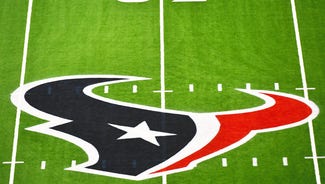





































































































































NFL homecomings geared toward alumni
Not often is the NFL looked at as a family, what with concussion lawsuits and lockouts.
Troy Vincent is trying to change that through the league's player engagement initiatives, including its new ''Legends Program'' and a series of homecomings for former players.
It's something the former All-Pro cornerback is passionate about. A one-time president of the NFL Players Association and now the league's senior vice president of player engagement, Vincent oversees a myriad of programs open to anyone who spent even just a training camp in an NFL uniform.
''It's to celebrate the accomplishment of you being here, whether you were a starter or a nonstarter, had a 15-year career or just a short while in the league,'' Vincent told The Associated Press. ''It's irrelevant how long it was, you represented the sideline.''
Vincent and his NFL department are reaching out to former players, establishing a database for where they are and what they are doing. Already, more than 1,150 names have been added to the database, including many men who had not had contact with the league for years, maybe even decades.
By establishing a group of former players to develop, foster and manage alumni relations under the Legends banner, Vincent believes the league can establish a stronger relationship with a larger segment of retired players.
He insists that's necessary, allowing the NFL to educate retirees on the programs they could take advantage of - everything from commercial relationships to advocacy endeavors to alumni functions.
''This is not just about establishing a database, it is about being connected and staying connected to our game,'' Vincent says. ''How can you become an active contributor to our game when you are not playing and the fans are not cheering for you? We want to give you a welcome feeling, have you share your experiences, tell us how we can support what you are doing.''
A recent homecoming event in Manhattan drew approximately 30 ex-players. Former New York Giants center Bart Oates found the gathering ''therapeutic'' and believes the idea has legs.
''I like being able to connect with guys you played with or contemporaries who have the same life experiences on and off the field,'' said Oates, now an attorney and realtor. ''There's a lot of commonality. You talk to other guys, find out what they are doing.
''In a sense in some cases, making the transition from football is somewhat lonely. You're used to accolades and team support and having a goal and a mission, and suddenly it is gone and you don't not have that same sense of urgency. So this is needful in some cases, and helpful to have this kind of relationship.''
The homecomings are not designed to replace alumni functions run by the 32 clubs, but to supplement them. In this time of labor peace in the NFL, with the lockouts of the players (2011) and game officials (2012) behind the league, Vincent notes that there is no leveraging involved in these programs. The impetus is purely to encourage support of former players whether it's at the club or league level.
Former Patriots linebacker Ed Reynolds is both an NFL ambassador and NFL Legends coordinator. He sees these programs as essential.
''It starts off simply as recognizing guys who played and here are the things we have to let you know about, information and opportunities that are there for the former players and how to get engaged,'' said Reynolds, who retired in 1992 and has been an athletic director and assistant dean of students at Hickory Grove Christian School in Charlotte, N.C. ''The networking is outstanding.''
''You know, we see stories about what has happened to players who lost their money, but there are a lot of guys who have been very successful, whether in business or whatever avenues they worked in,'' he added. ''It lets other guys know we've been through it, and if you are ready to go through a transition, talk to this guy or that guy. We're all brothers and we want to see all the brothers do well.''
---
AP NFL website: www.pro32.ap.org
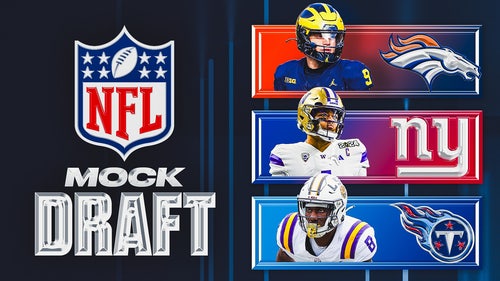
2024 NFL mock draft: 4 QBs in top 5, 4 receivers in first 10 picks
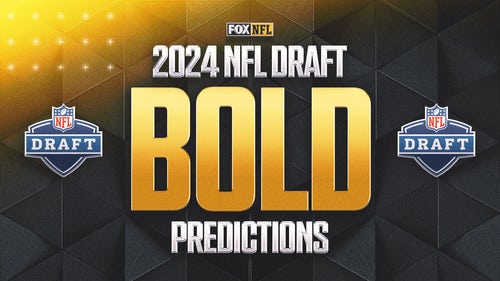
5 Bold Predictions for 2024 NFL Draft: Texas DT Byron Murphy a top-10 pick
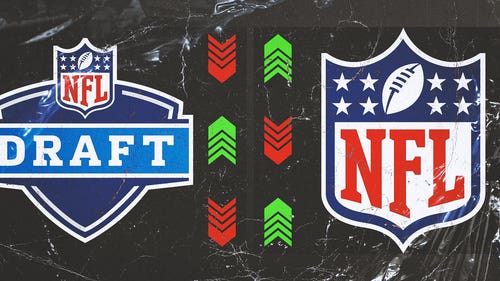
The art of NFL Draft misdirection: How teams use subterfuge to hide their plans

2024 NFL Draft Schedule: Date, time, how to watch, TV channel
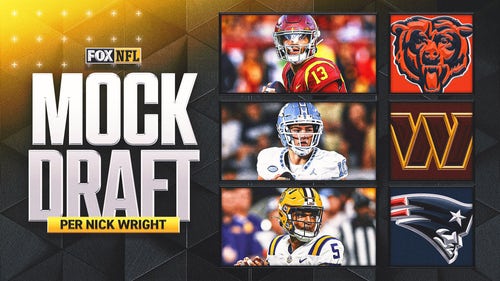
2024 NFL Draft: 5 QBs drafted, Jets add Bowers in Nick Wright's final mock draft
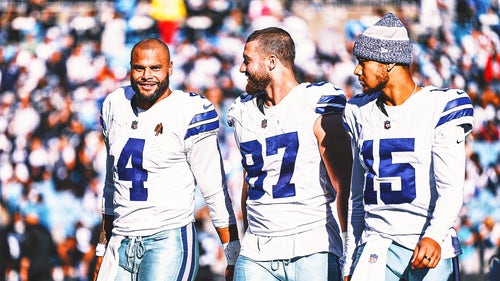
What are Cowboys’ best options at QB if Dak Prescott leaves?
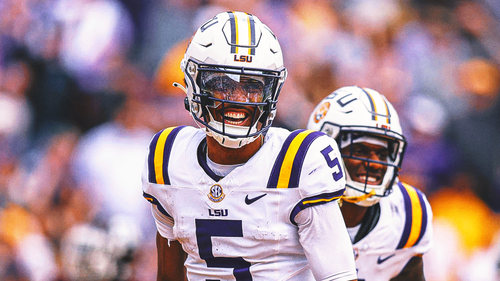
2024 NFL Draft odds: Jayden Daniels' second pick odds shortening
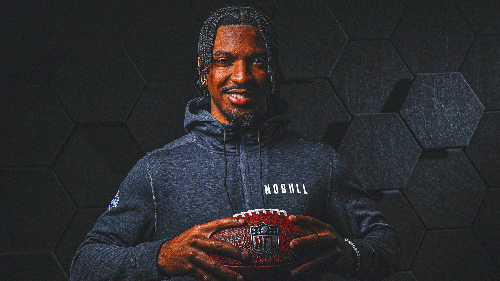
Emoji-Gate not enough to scare Commanders off Jayden Daniels
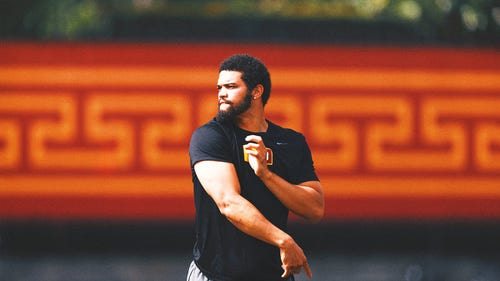
USC's Caleb Williams says he's a 'big fan' of Washington WR Rome Odunze


2024 NFL mock draft: 4 QBs in top 5, 4 receivers in first 10 picks

5 Bold Predictions for 2024 NFL Draft: Texas DT Byron Murphy a top-10 pick

The art of NFL Draft misdirection: How teams use subterfuge to hide their plans

2024 NFL Draft Schedule: Date, time, how to watch, TV channel

2024 NFL Draft: 5 QBs drafted, Jets add Bowers in Nick Wright's final mock draft

What are Cowboys’ best options at QB if Dak Prescott leaves?

2024 NFL Draft odds: Jayden Daniels' second pick odds shortening

Emoji-Gate not enough to scare Commanders off Jayden Daniels

USC's Caleb Williams says he's a 'big fan' of Washington WR Rome Odunze
